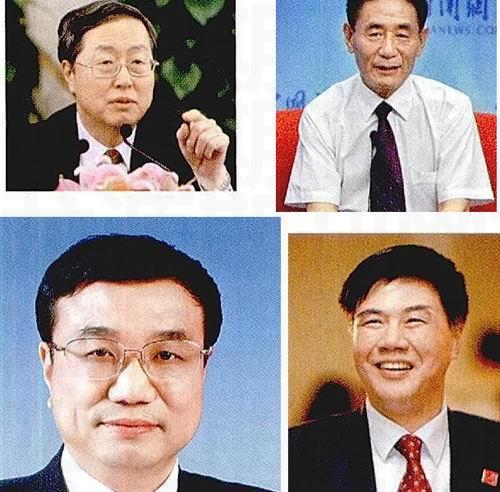Voices
Zhang Xiaoqiang:
China and the US to Improve Economic Growth Modes
China and the United States have reached an agreement that each will modify its current economic growth mode in the course of the economic recovery. This was revealed by Zhang Xiaoqiang, vice minister of the National Development and Reform Commission, at a briefing on the China-US Strategic and Economic Dialogue that got underway July 27 in Washington, D.C.

Specifically, the US will increase its national savings as a share of GDP, and China will stimulate a critical boost in domestic consumption. Furthermore, the two countries will maintain close cooperation in the areas of job creation, social security, healthcare system reform and rural development. In the first half of this year, China achieved a record 15 percent growth in retail sales of consumer goods, but Zhang believes the transition away from old economic patterns has a long way to go.
Li Keqiang:
A Steadfast Active Financial Policy
Li Keqiang, vice premier of the State Council, stressed in a recent symposium on finance that the Chinese economy is trending to stabilization and recovery, albeit still facing considerable problems and challenges. Therefore, “It is important to maintain the continuity and stability of the current macro-economic polices, including active financial policies and moderately relaxed monetary polices, so as to boost stable and fast economic growth in the long run.”
Li urged effective implementation of the governments spending-stimuli measures, including subsidies for rural purchasers of home appliances and all purchases of high-efficiency products. While trying to stimulate the domestic consumption, the government, Li assured, will apply differentiated financial and taxation policies in the manufacturing sector to promote technological upgrading and get rid of surplus and outdated production.
Zhou Xiaochuan: Dont Count on Forex Reserve to Make Money
“The foreign exchange reserve should not be regarded as an investment fund,” said Zhou Xiaochuan, governor of Chinas central bank – Peoples Bank of China. “Dont pin your hopes on it. A reasonable return on your money should be acceptable.” When the reserve exceeds a certain limit, it is better to make use of it than put it in a bank and worry about a lower return rate, or outright devaluation of your savings.
Statistics show that China topped up a Forex reserve of US $2.13 trillion by the end of June, but Zhou declared, “There are many advantages to increasing a Forex reserve, and the pros and cons should be judged against the whole framework.” Meanwhile, the governor emphasized it didnt mean to decrease the pressure on Forex reserve management. “We should use proper investment institutes to ensure the safety and fluidity of the reserve, as well as maintain and increase its value,” he added.
Qi Jianguo:
Elites Unwittingly Setting Beijings House Prices
Every Chinese citizen dreams of a house in the capital, but residential real estate in Beijing is a commodity rich people in China view and select, while many others find it priced well beyond their means, said Qi Jianguo, research fellow with the Chinese Academy of Social Sciences. Compared to the huge population, the supply of land is scarce in China. The provision of arable land for commercial or residential use is no longer generous, thanks to a tightened policy designed to maintain ample grain crops; unfortunatelyimplementation of that policy has also led to soaring house prices. Meanwhile, Qi added, in metropolises like Beijing, Shanghai, Guangzhou and Shenzhen, housing prices are not determined by the income level of local residents, but by the aggregation of all purchasing forces in the country.

